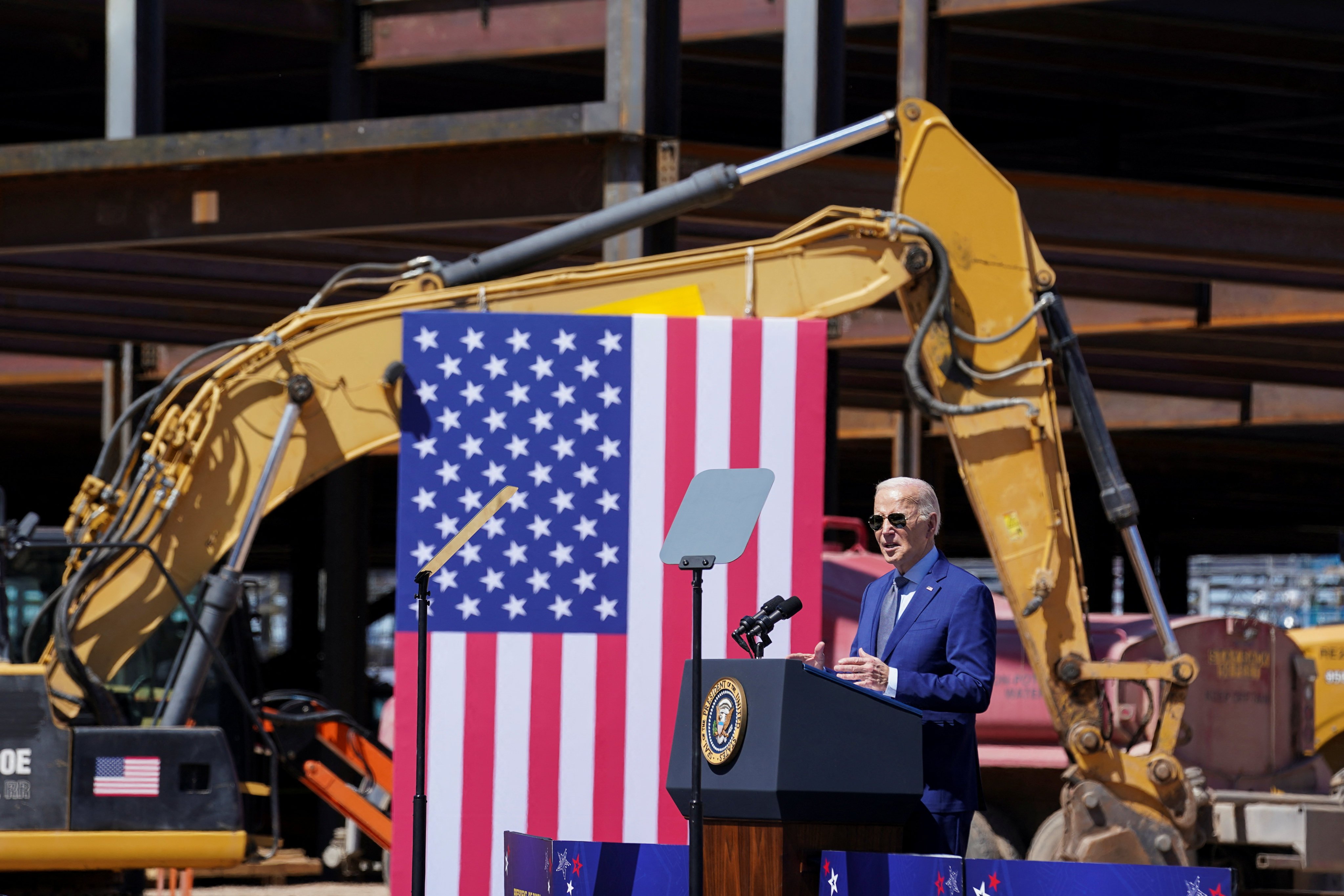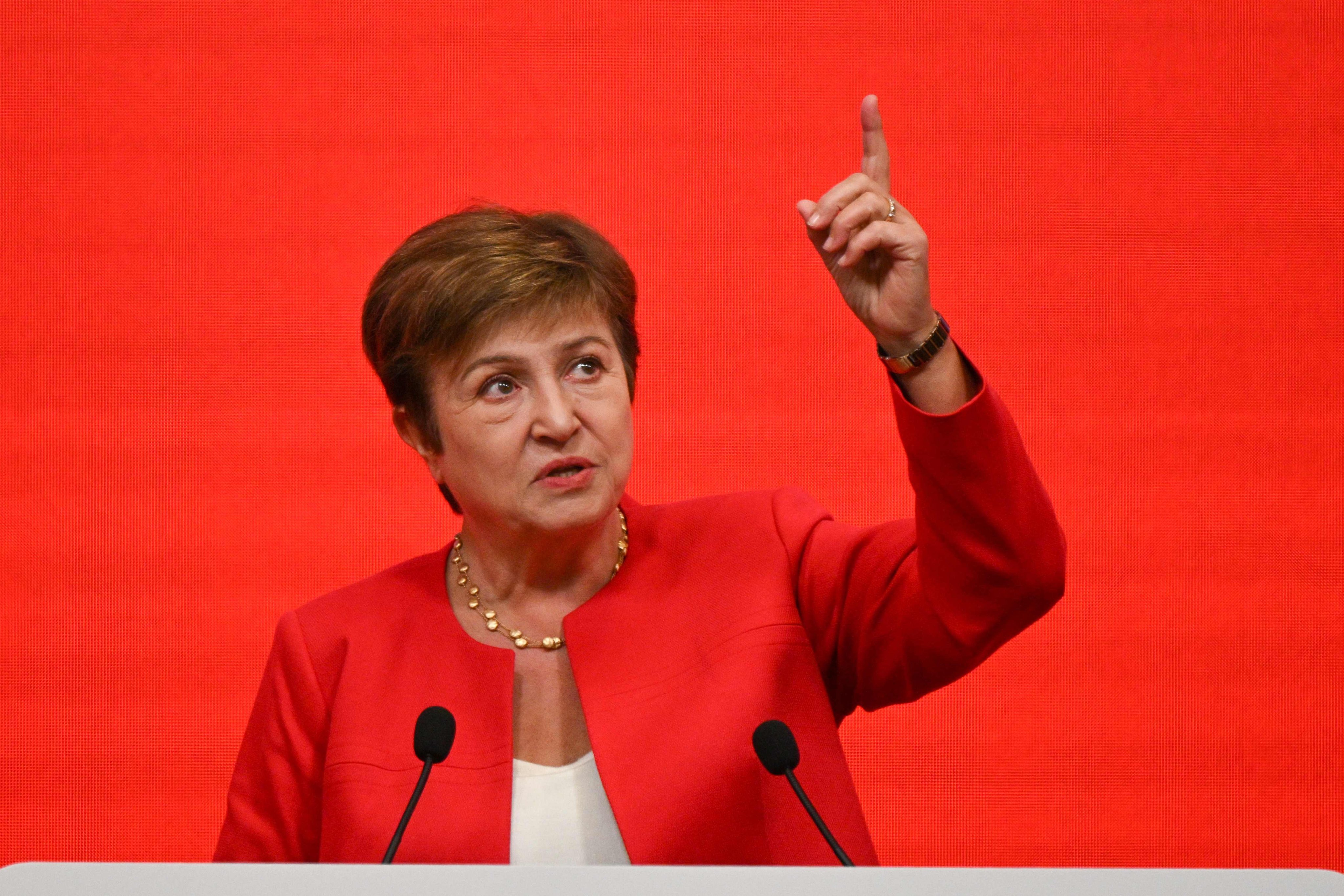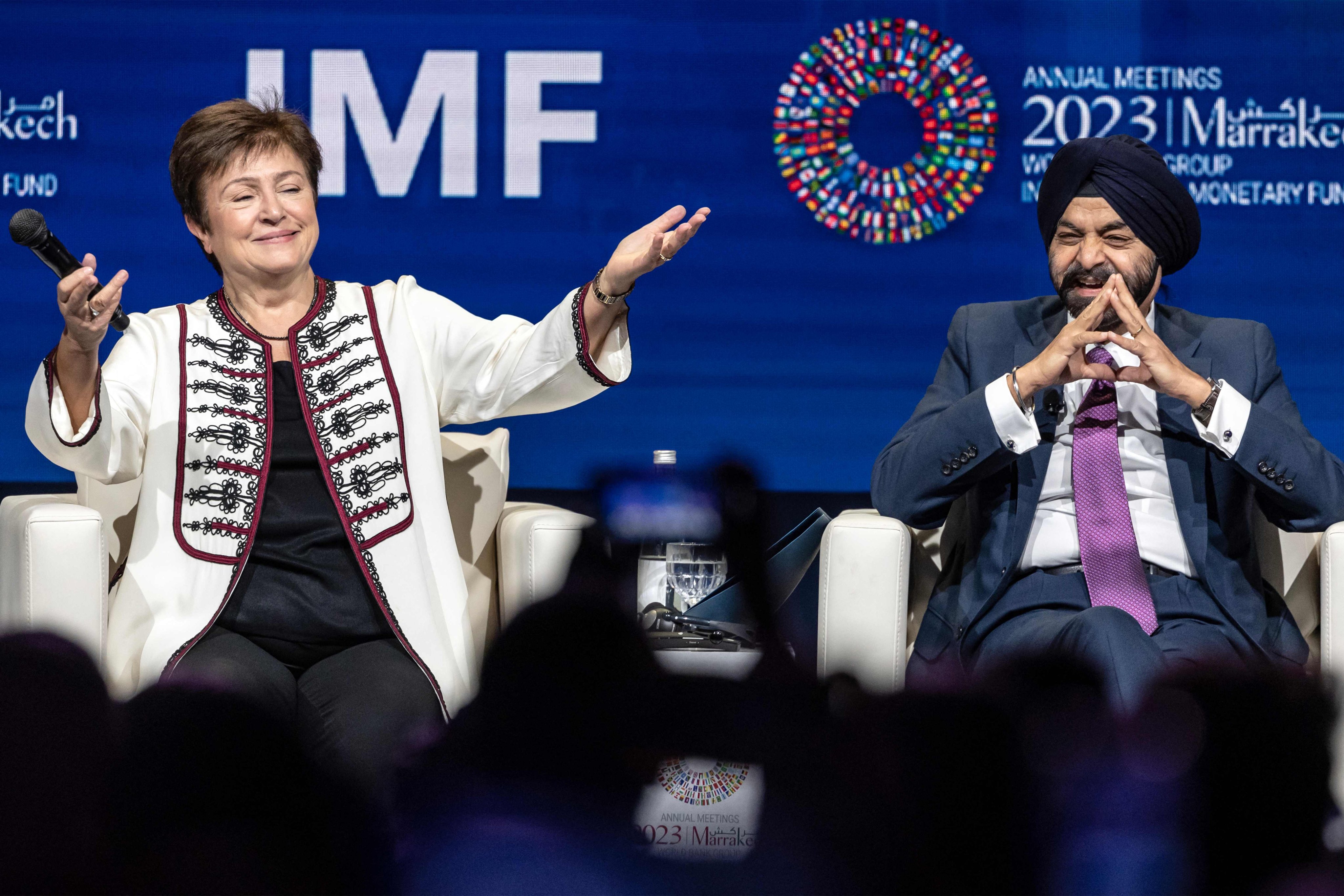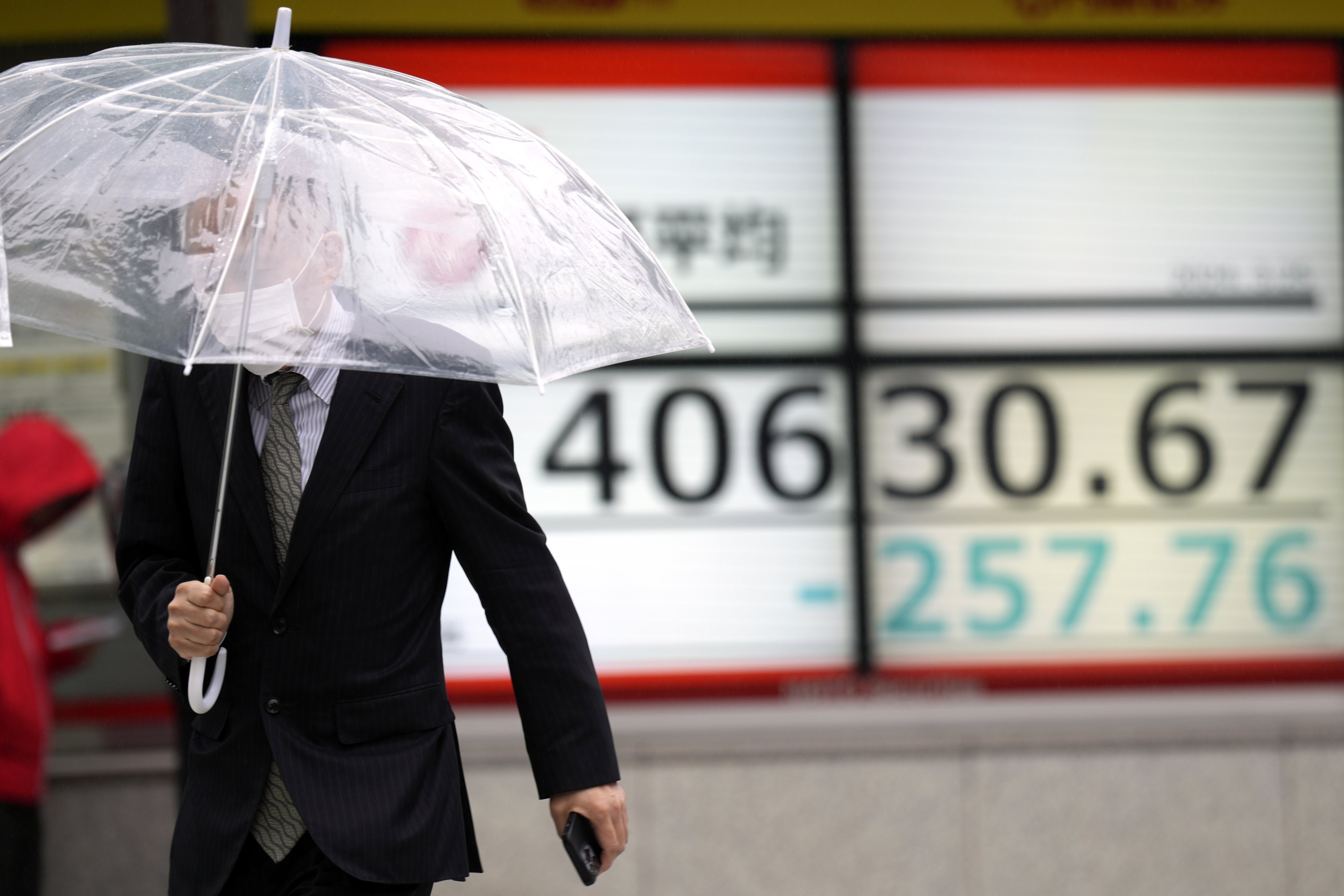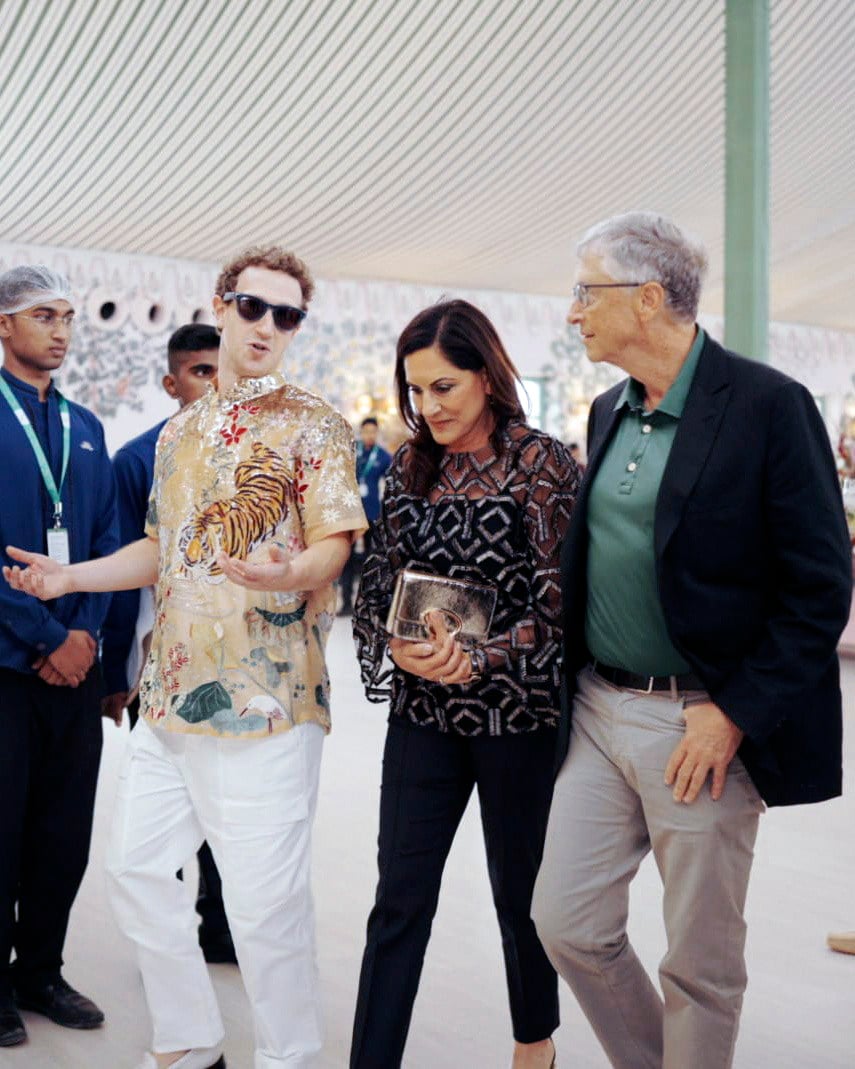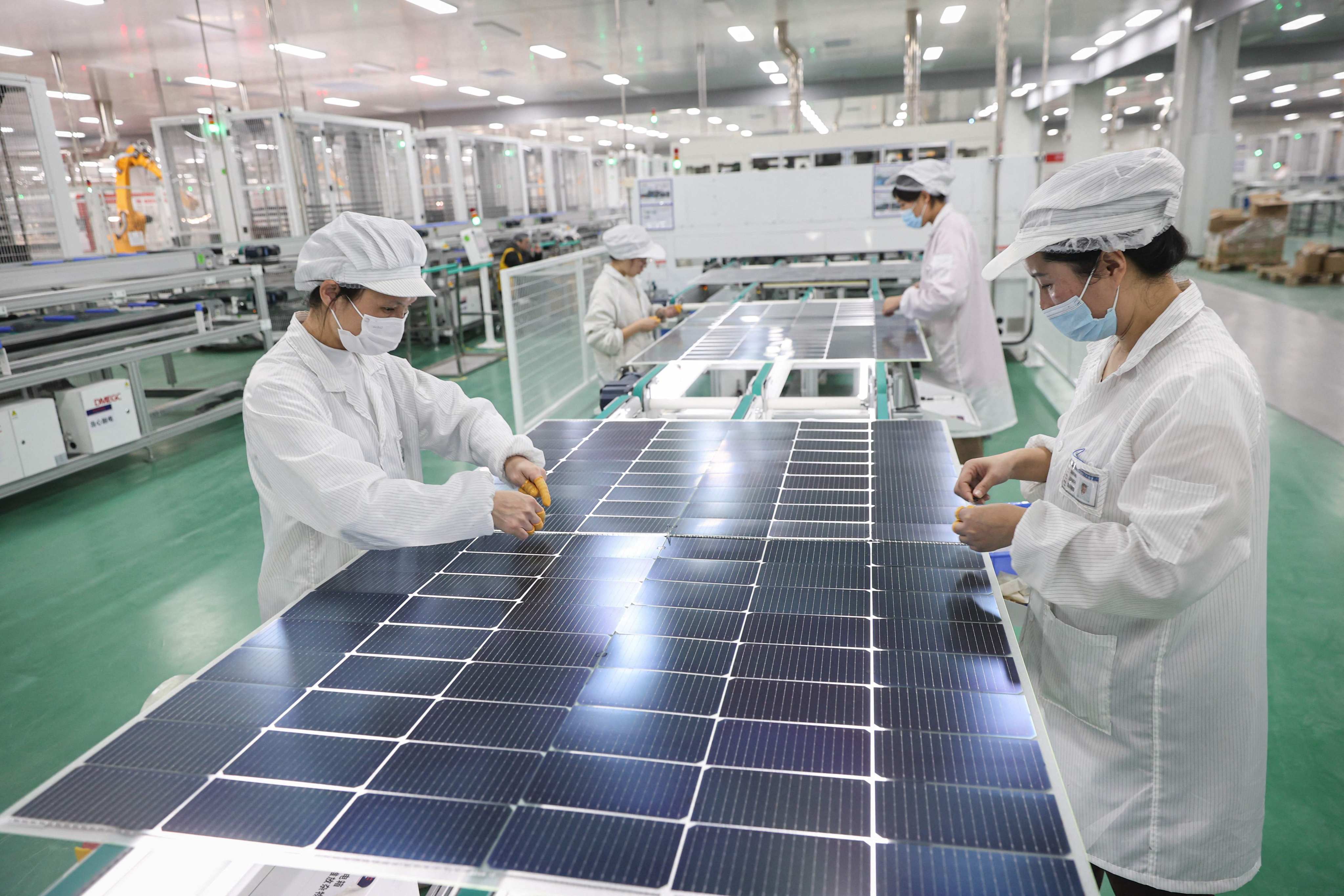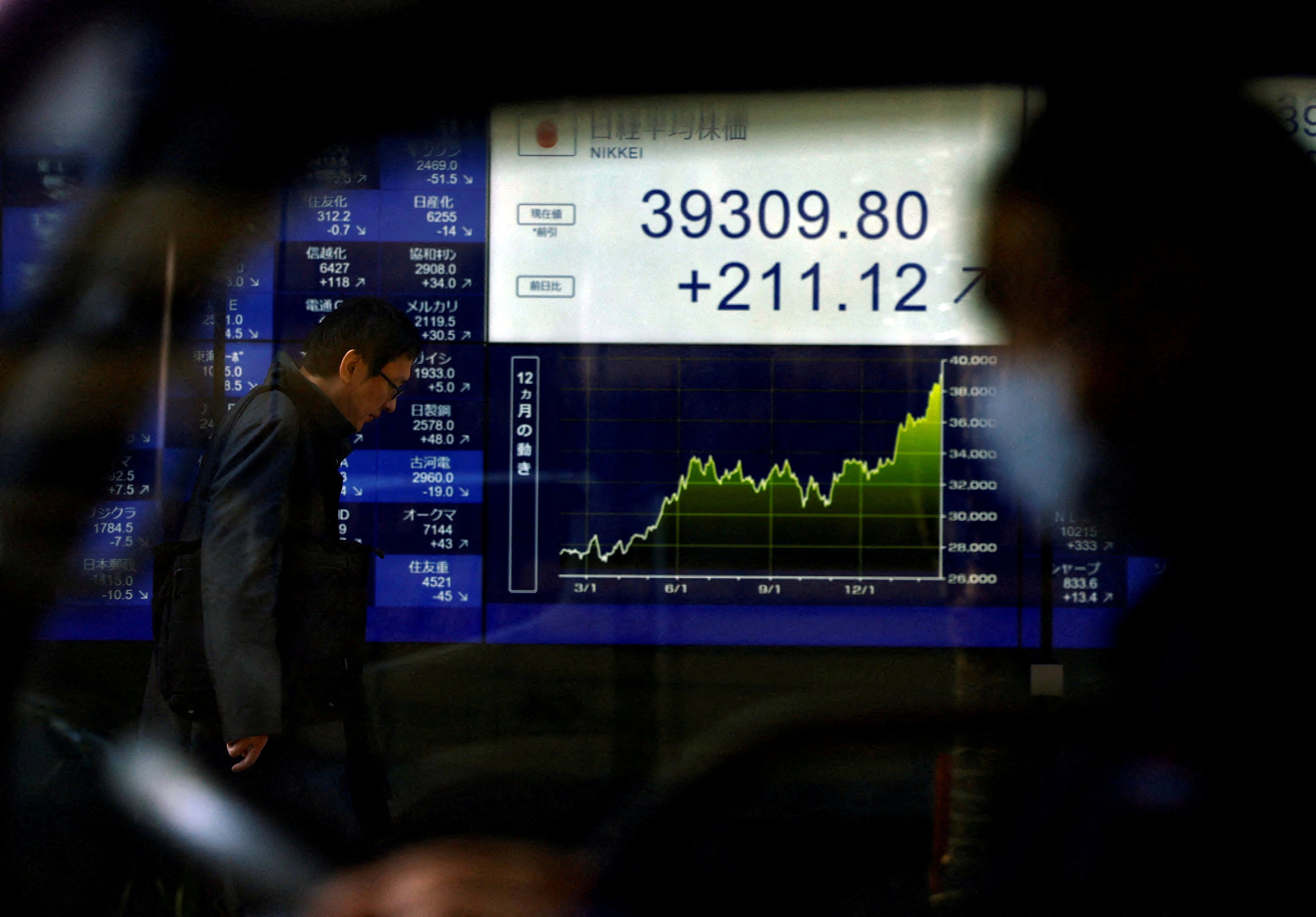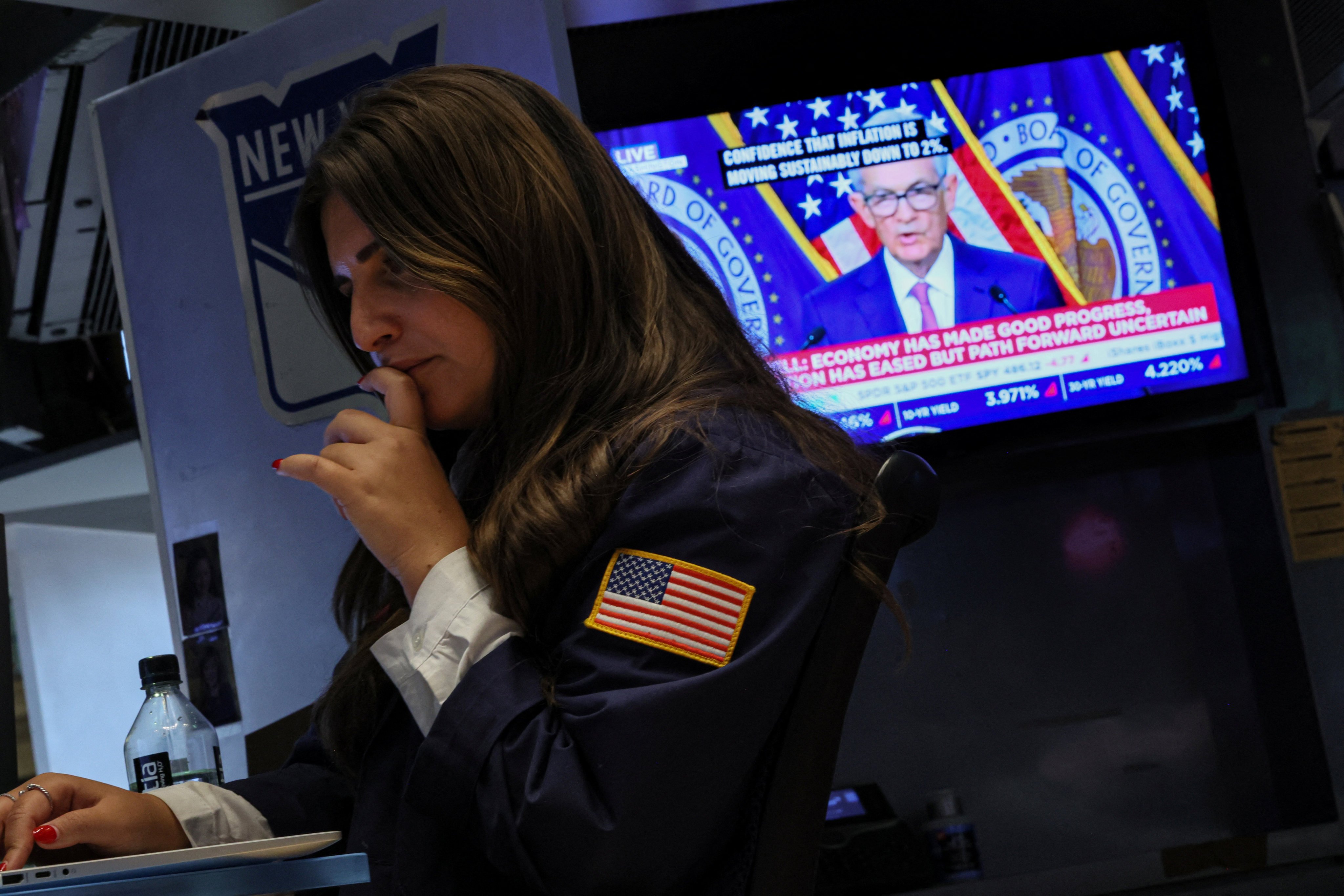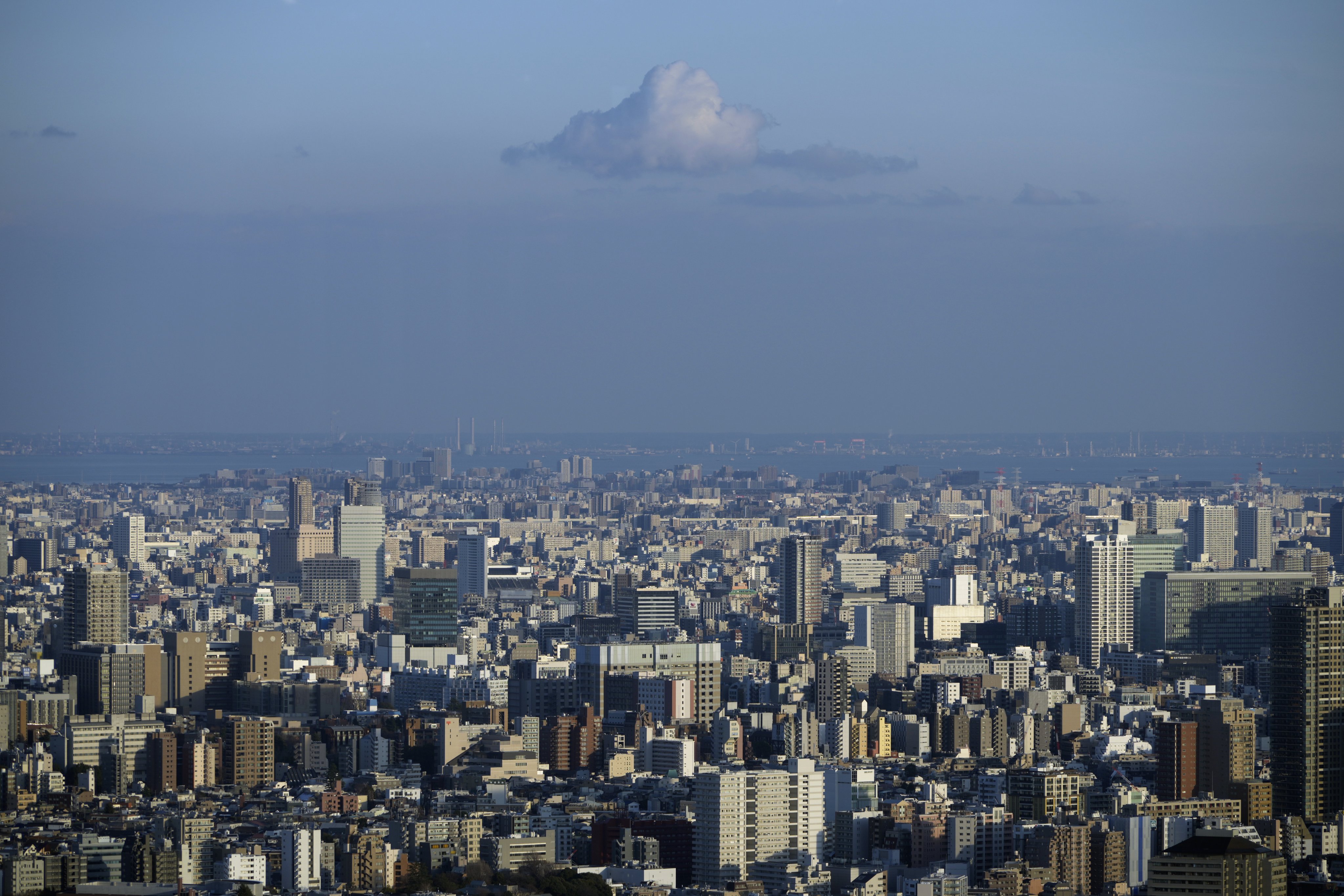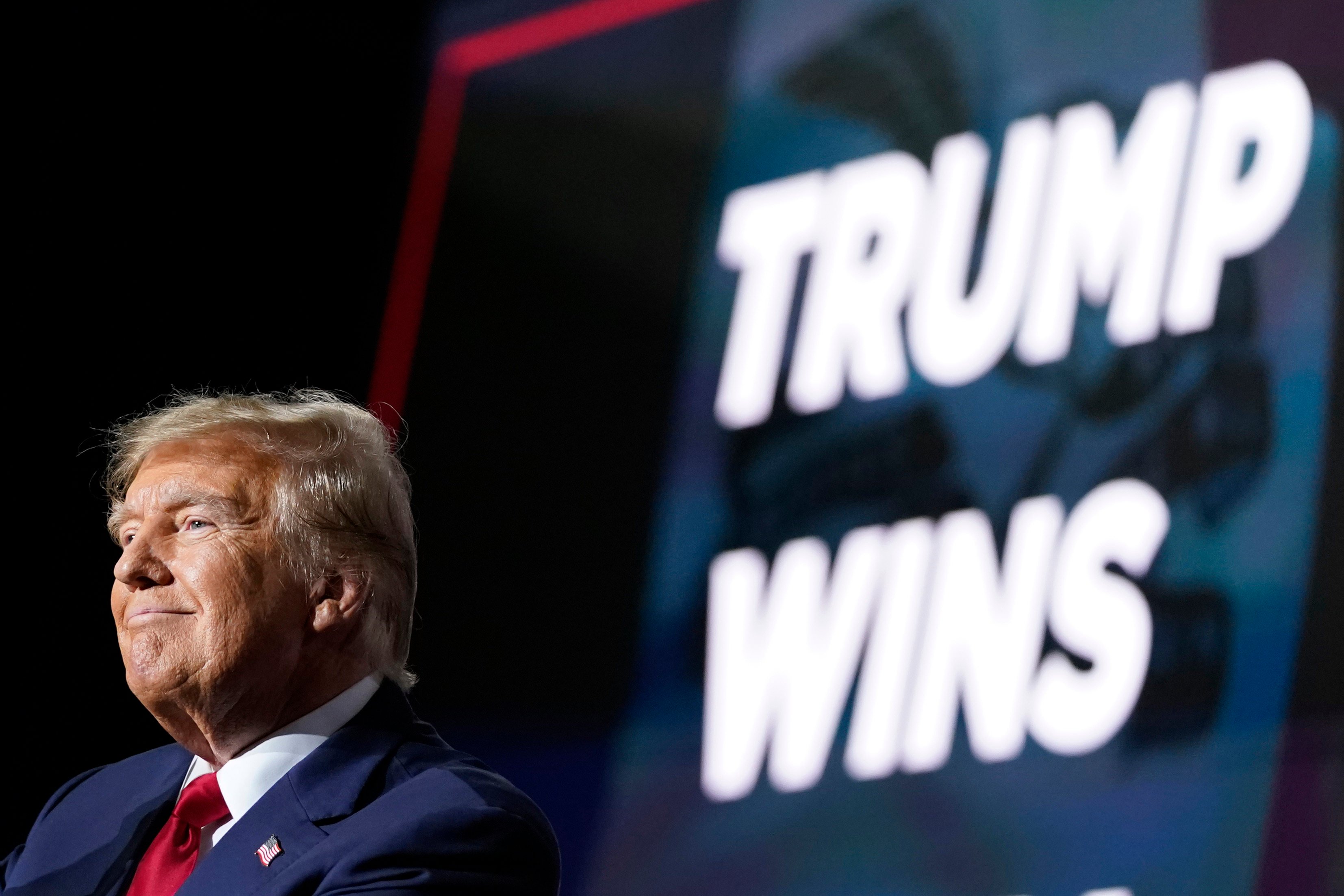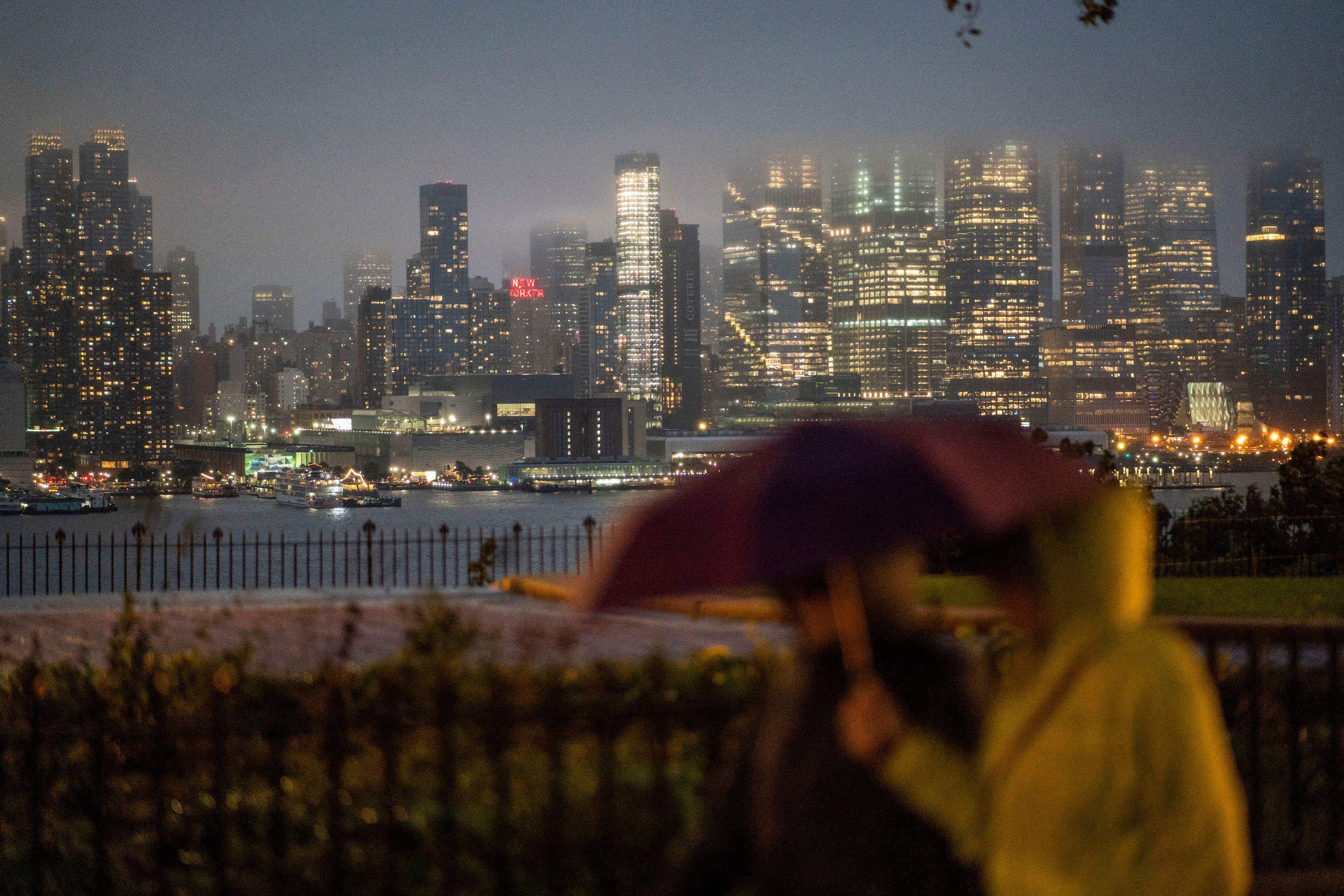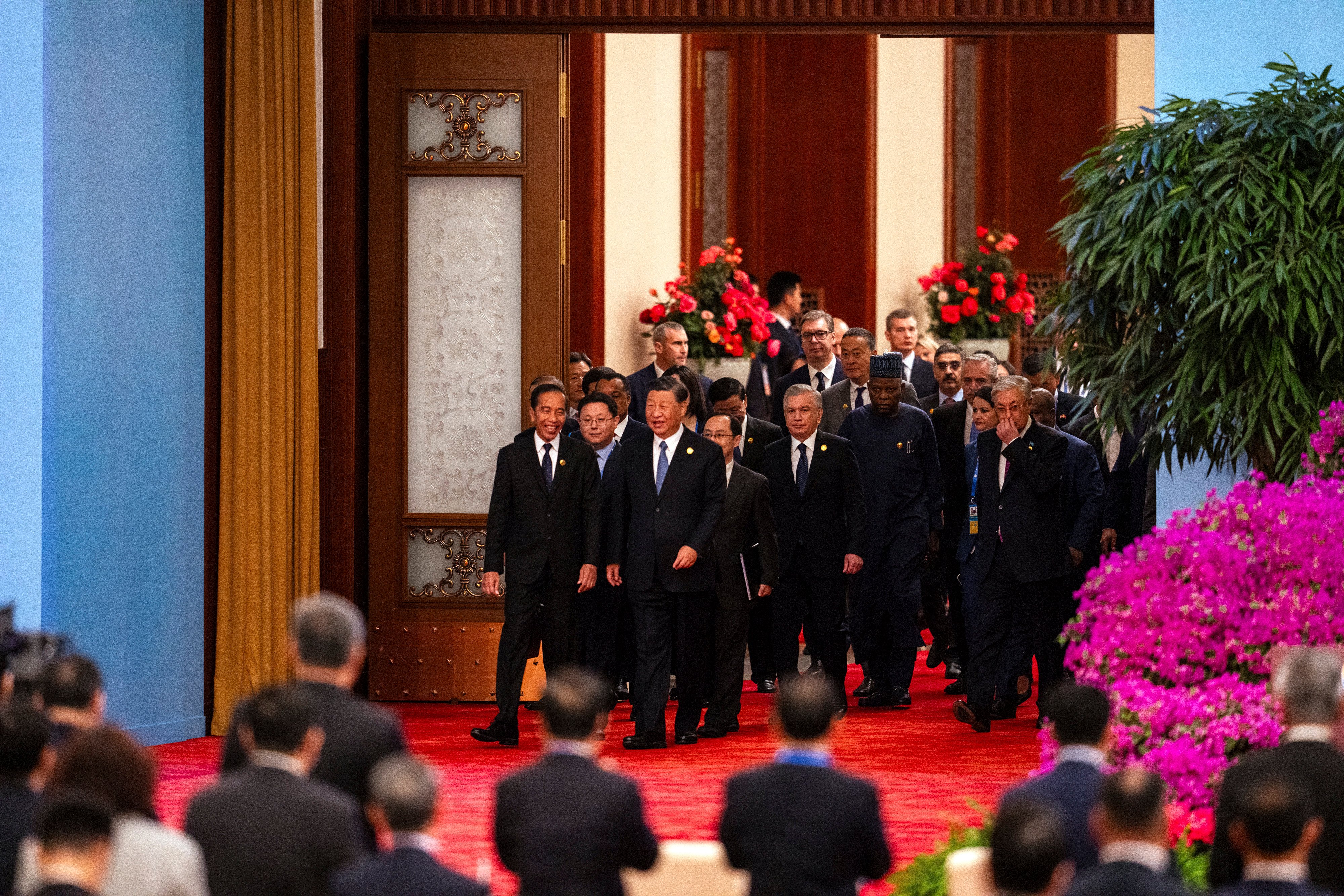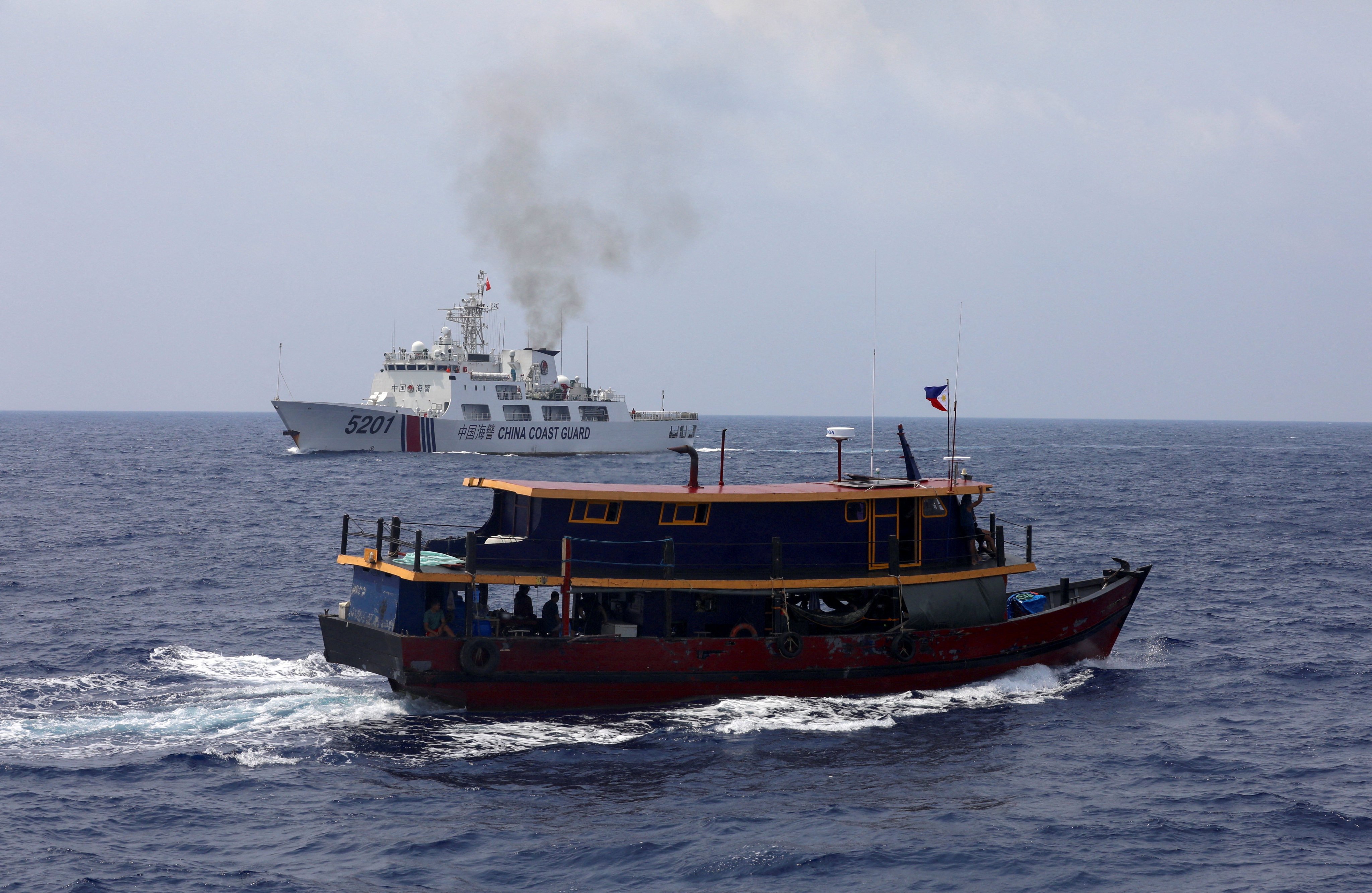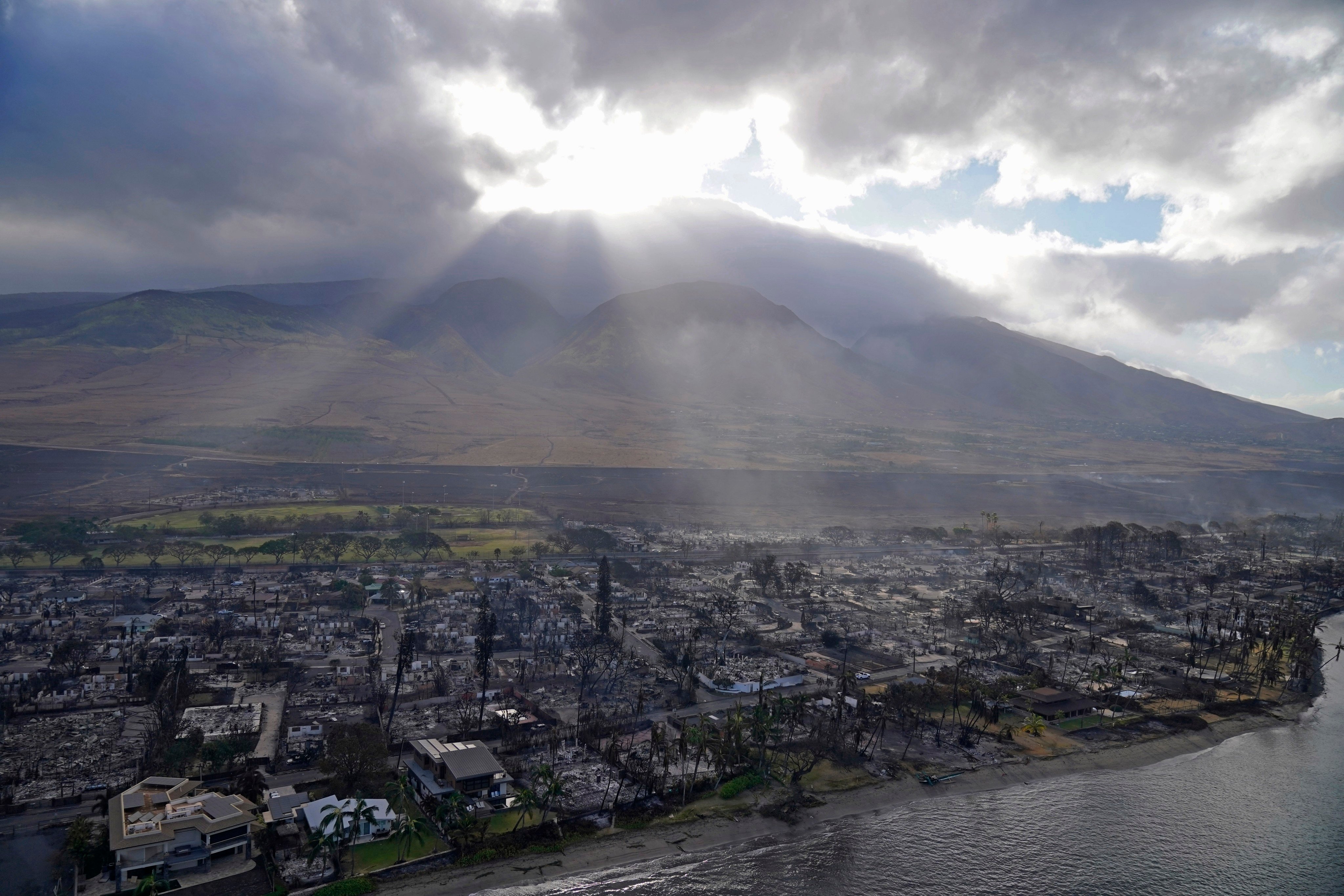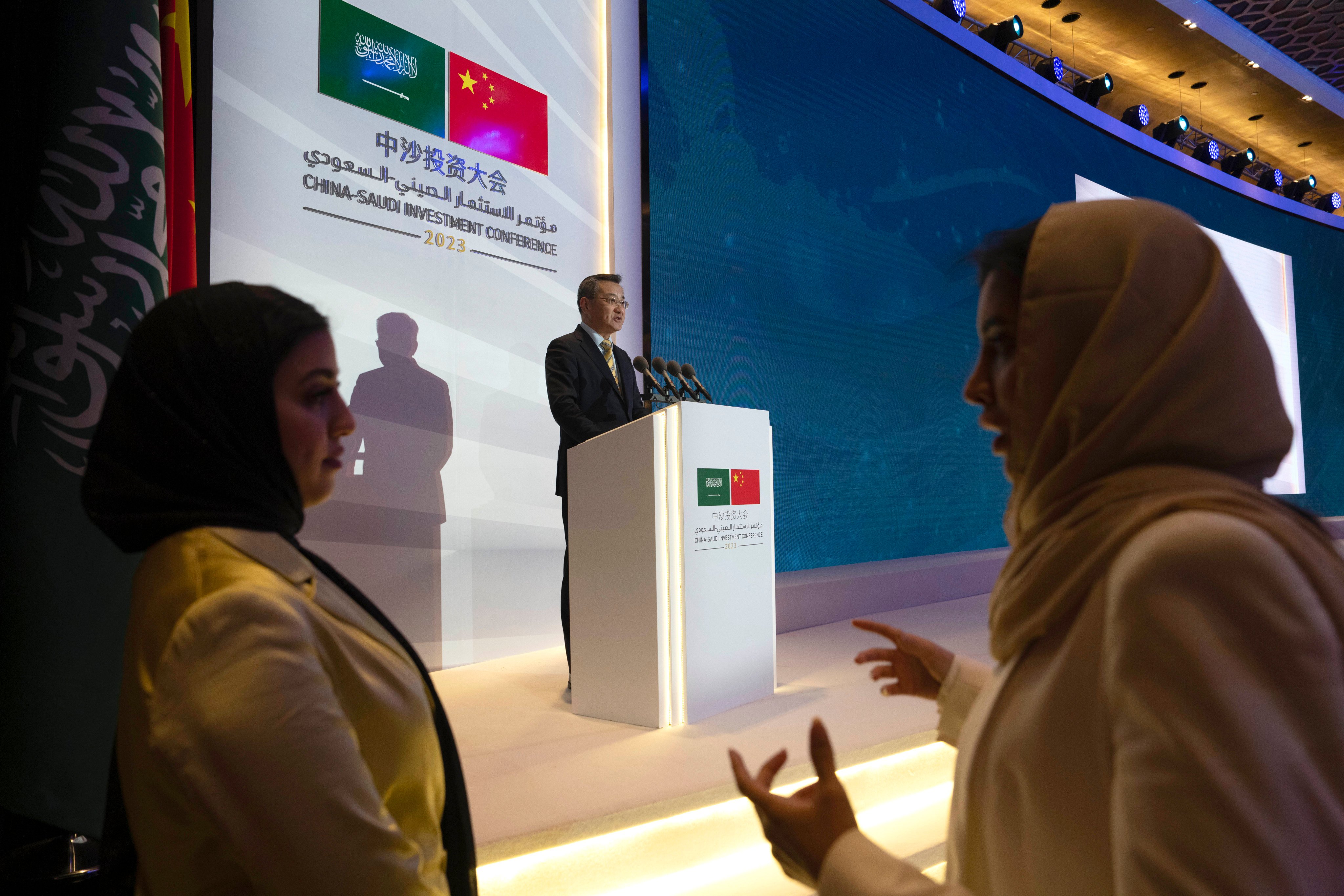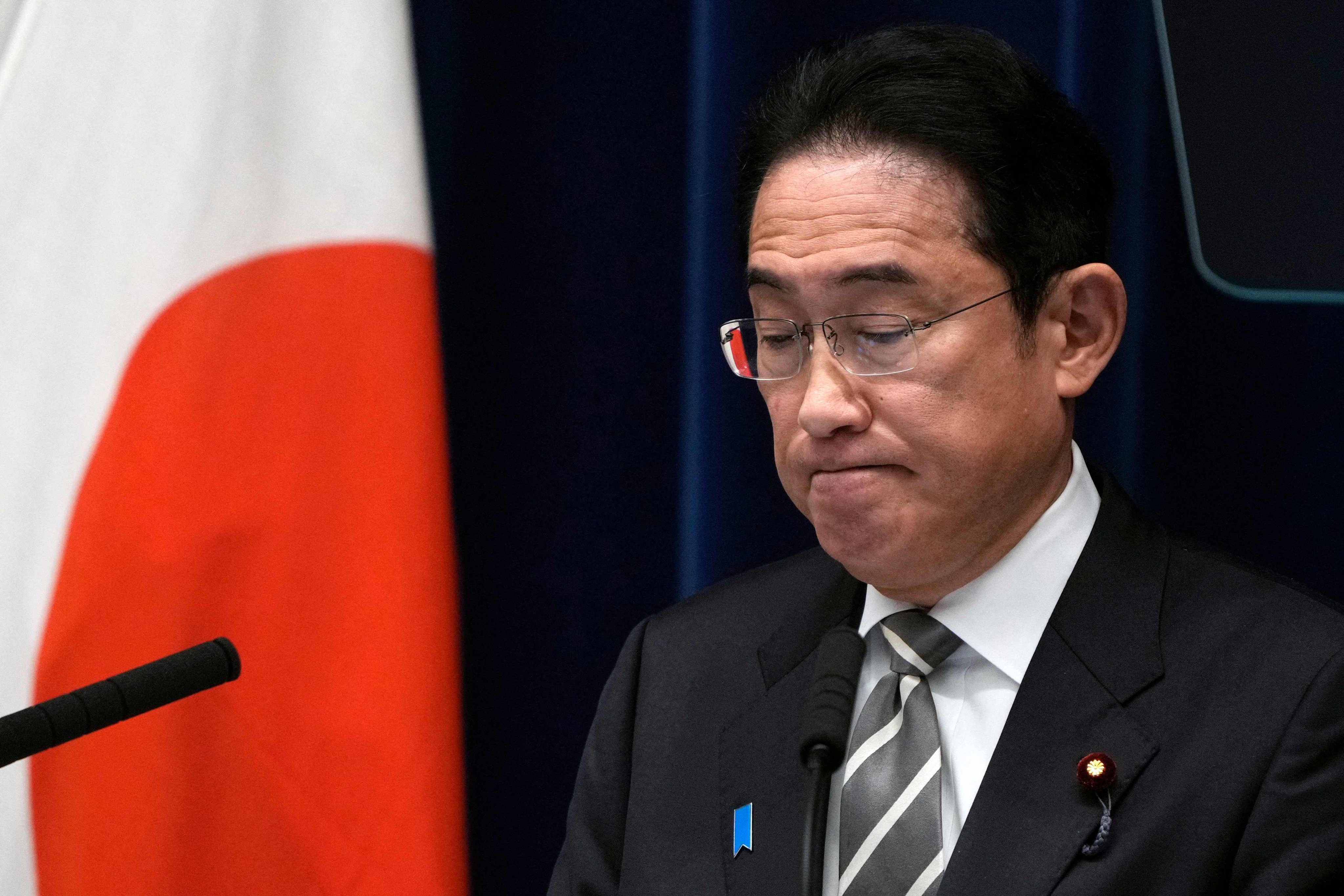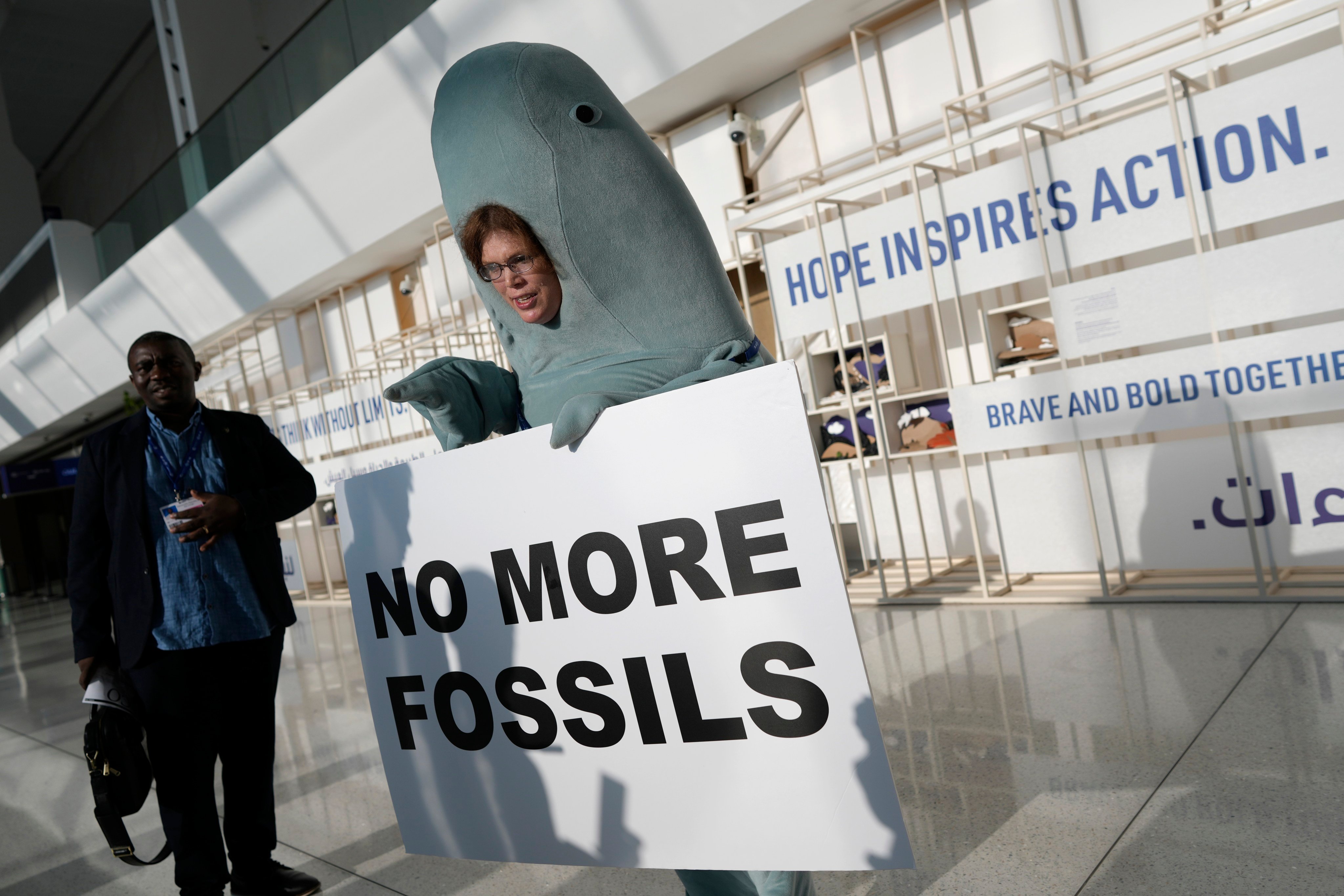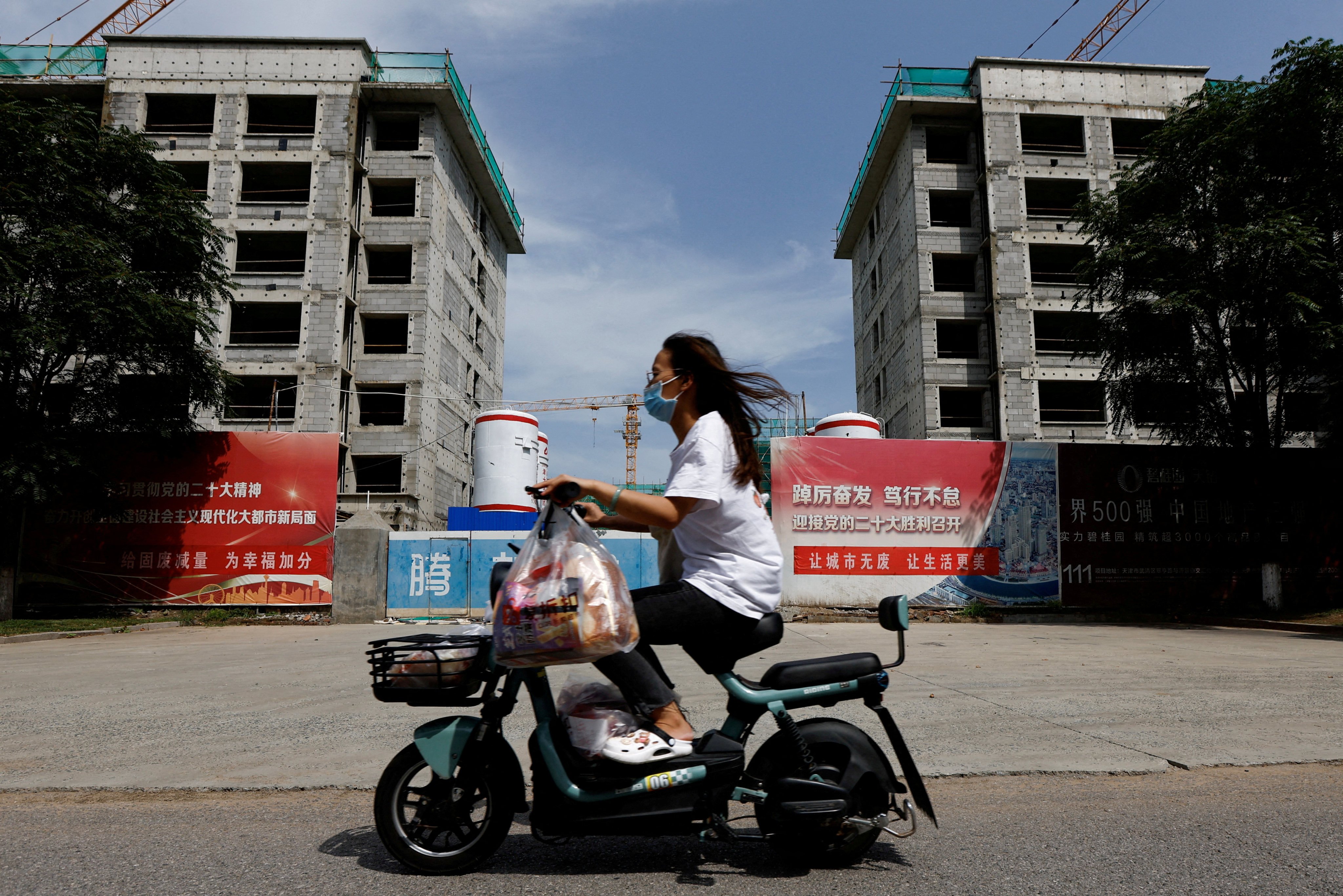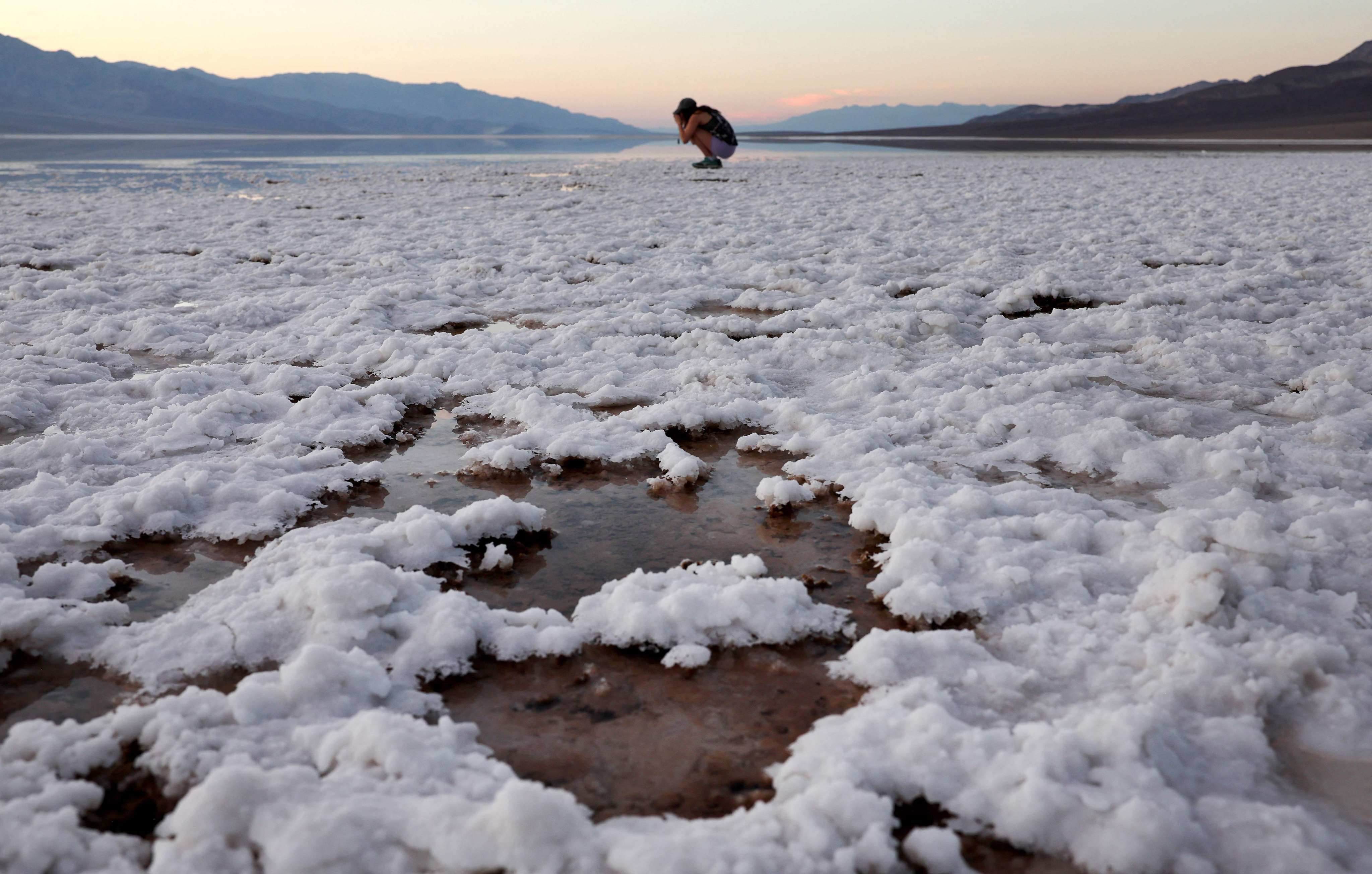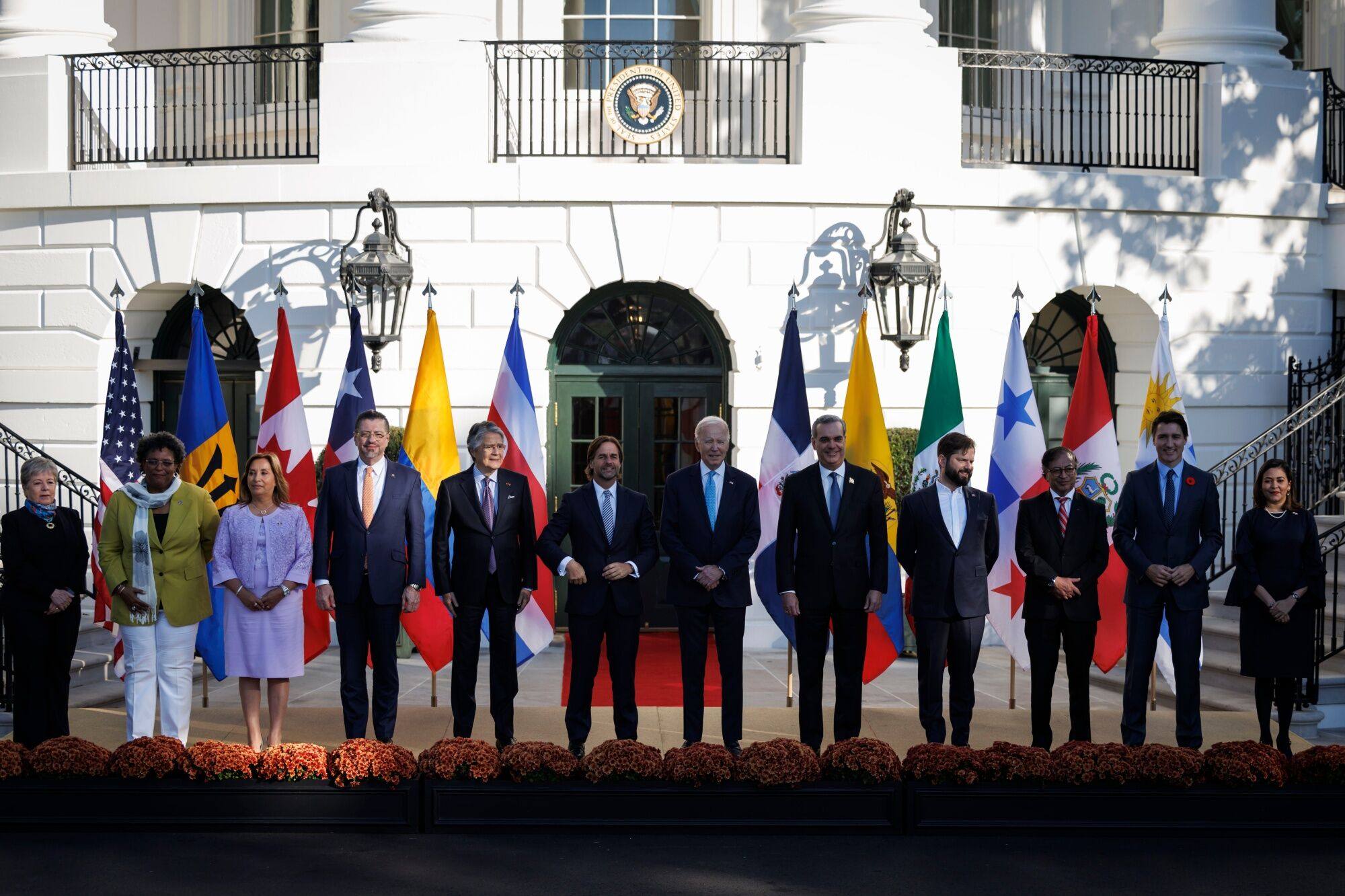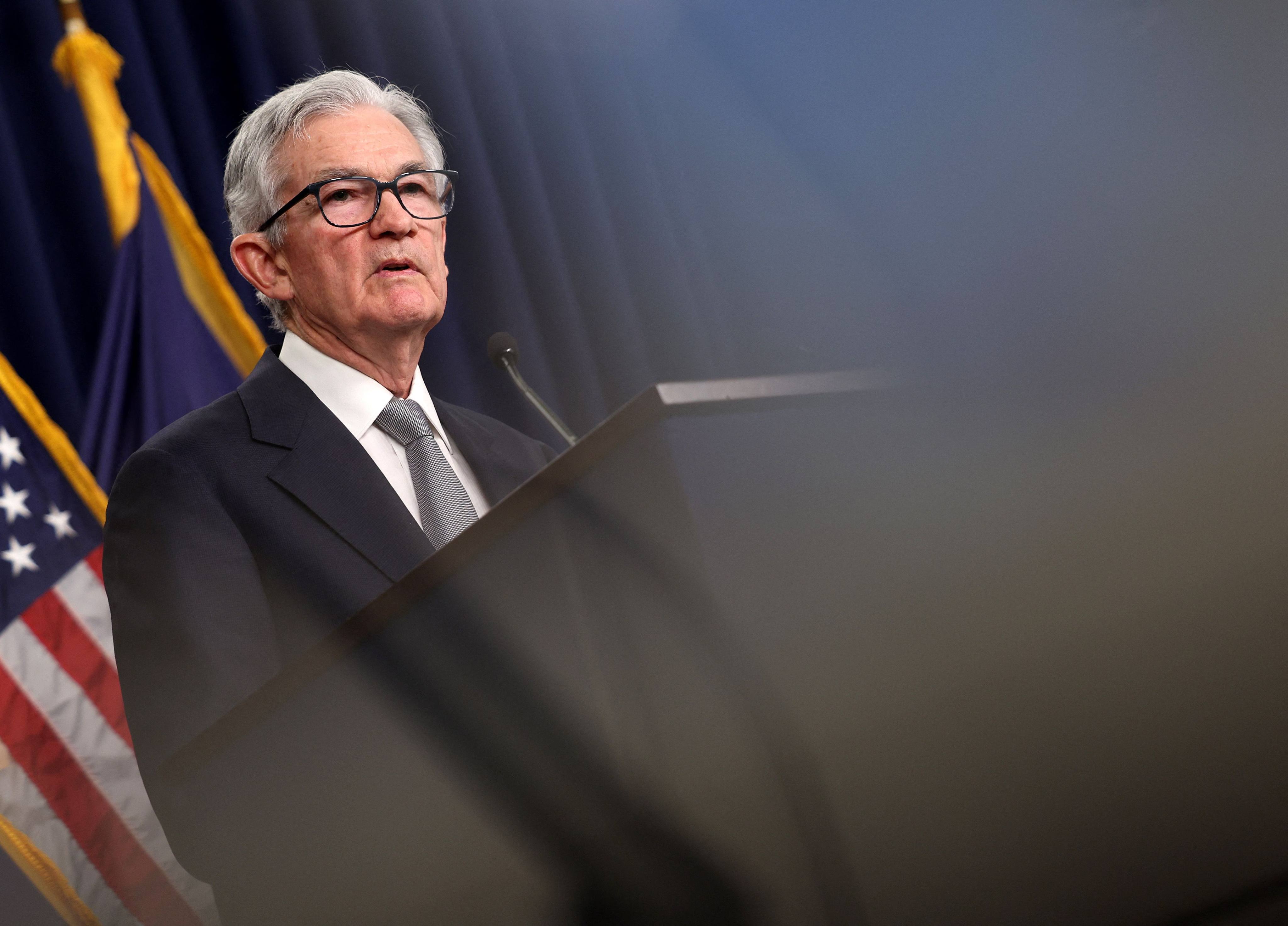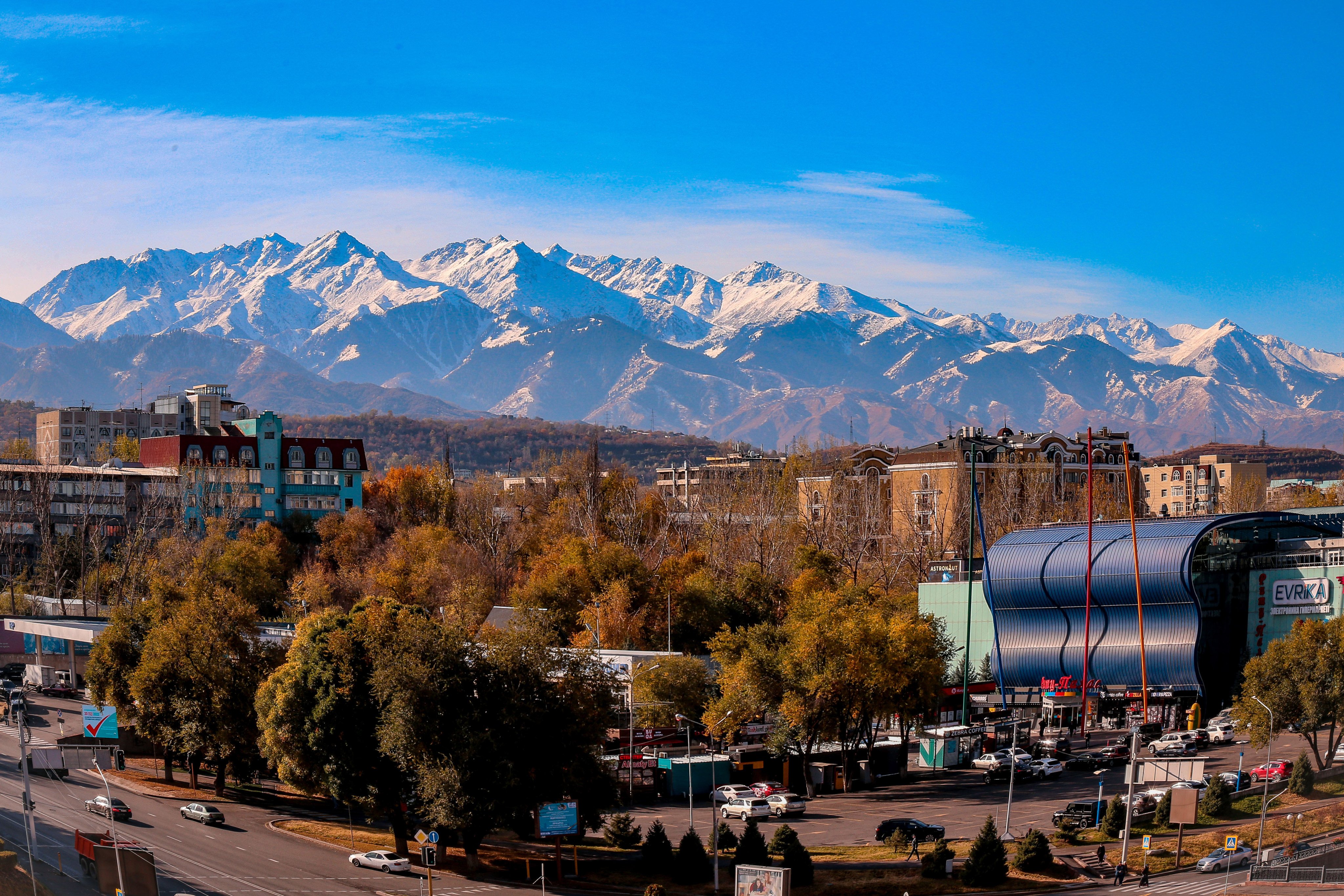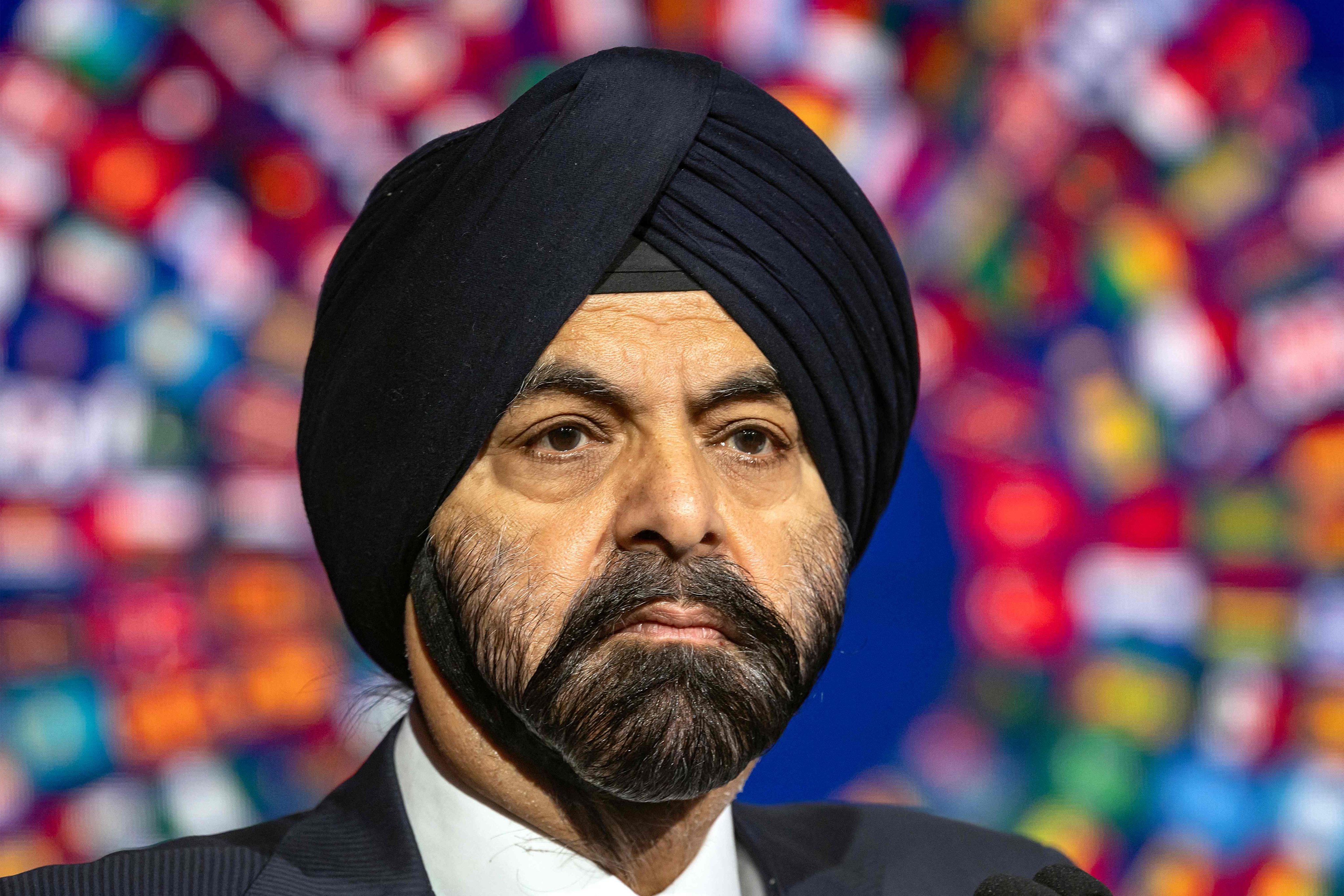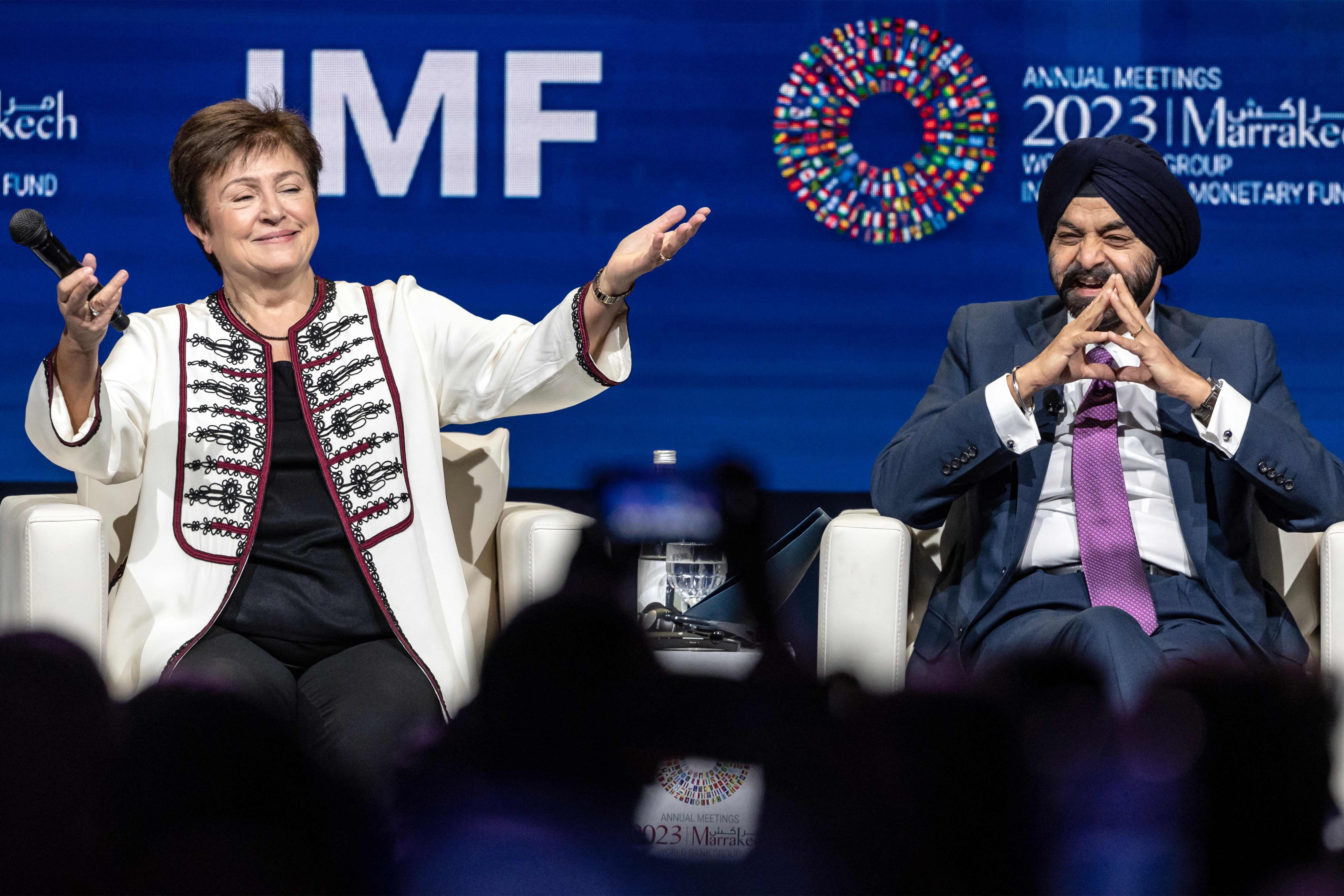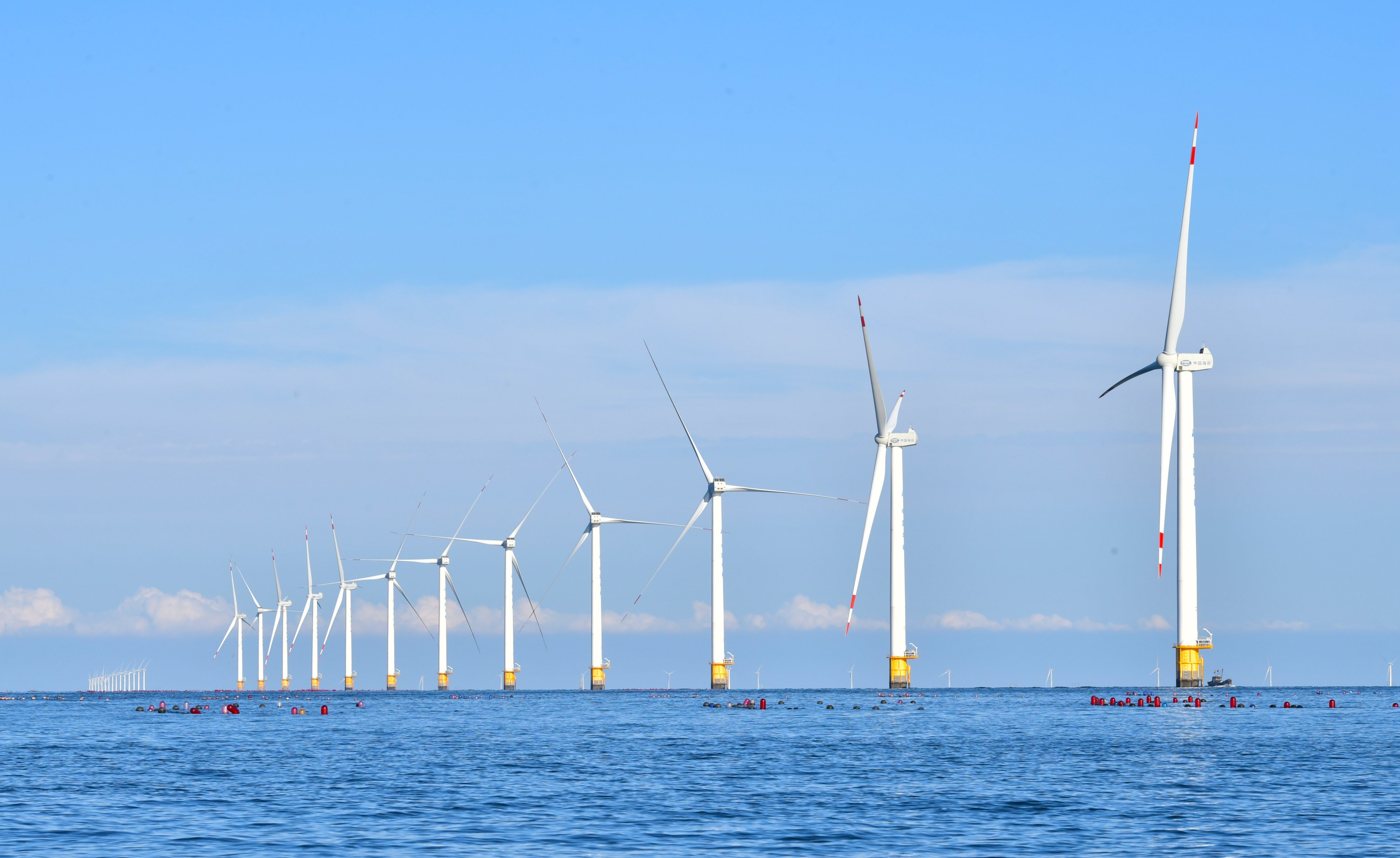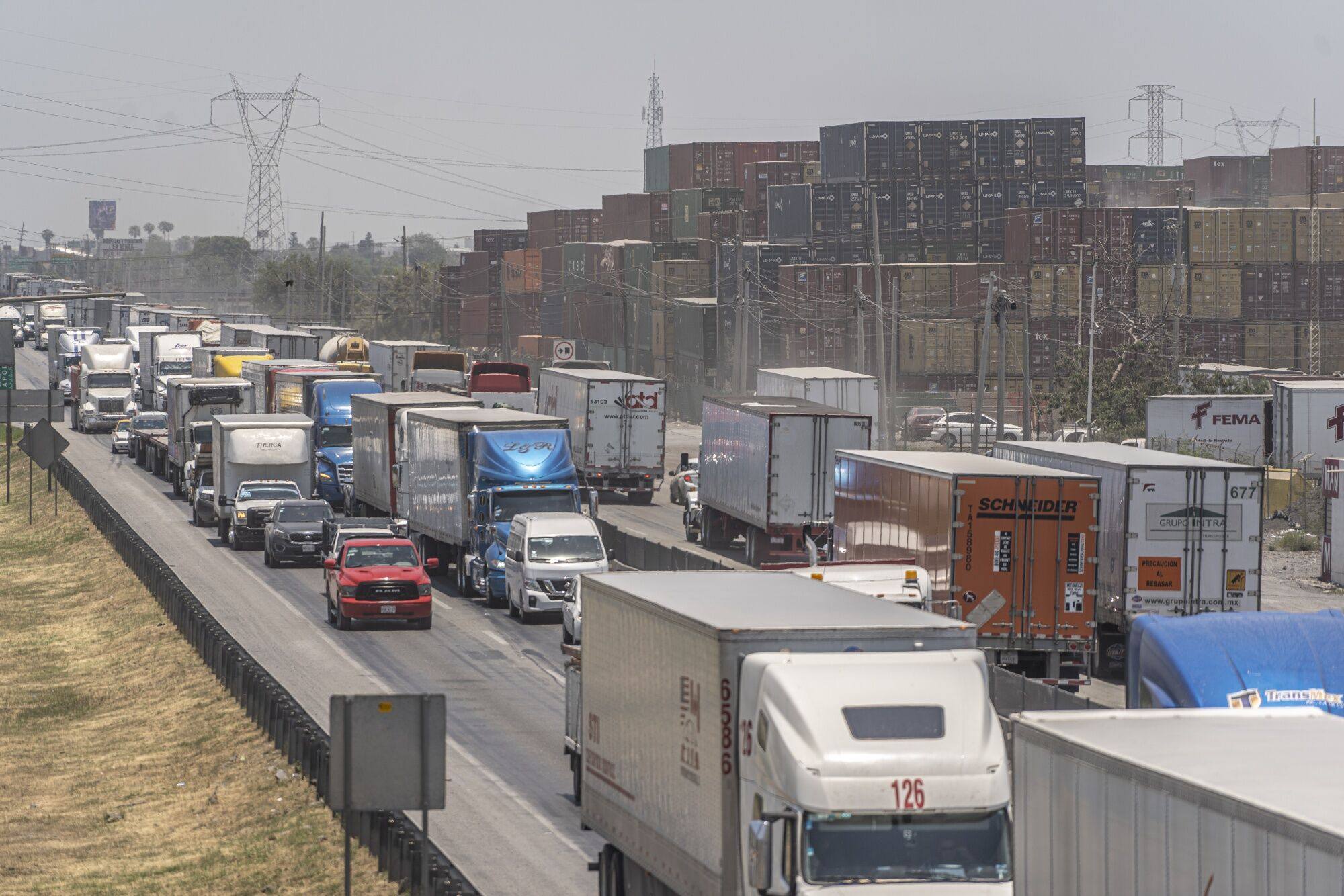
Well-designed policies that support innovation and technology diffusion more broadly can lead to higher economic growth across countries. Policies that limit rivals’ access to technology are hardly best for the world.
The IMF is warning regulators about the systemic risks of the rapidly growing private credit market, a largely opaque sector involving direct lending to corporations
The US, Europe and Japan will not gladly sacrifice their IMF quotas to give China and others more voting rights. But a failure to reform the organisation will worsen rifts and weaken its ability to deal with looming global crises.
Markets and banking systems are stumbling on blindly and greedily towards a repeat of past mistakes both recent and distant. Banks being so big they can lend irresponsibly and ignore those meant to regulate them must change, and the coming crisis could do just that.
Updating John Meynard Keynes’ seminal predictions, IMF managing director Kristalina Georgieva has set out a hopeful scenario for the next century. But the outlook hinges on more sustainable and equitable growth.
The apparent inability of markets to see more than one step ahead is alarming at a time when stocks are surging and markets chase quick profits above all. Multiple underlying problems are being overlooked, and a market failure to comprehend the fundamental causes of rising costs could spell financial disaster.
China’s growing dominance in solar panels, electric cars and batteries is putting US and European manufacturers at a disadvantage and is attracting defensive hostility.
Investors around the world have been dazzled by the performance of the “Magnificent Seven” US tech stocks and, to a lesser degree, Europe’s “Granolas”. The size and influence of these giants are taking investment away from essential socioeconomic causes such as climate change, infrastructure and more.
The mountain of global debt is of particular concern because of the sharp series of interest rate increases in the US. The threat that debt levels in different sectors of the economy pose to financial markets should be more clearly communicated.
The country’s sizzling stock market and high-profile push for governance reforms are spurring optimism that the economy is finally turning around. However, investors would be well advised to look more closely at its economic fundamentals.
Neither Biden nor Trump is the US leader the world needs. But Trump is more likely to seek a detente with China, Russia and perhaps even North Korea, bringing the world back from the brink of war.
Stock market prices in Japan, the US and elsewhere are being inflated by stimulus, suggesting a picture of economic health. But a correction delayed is not a correction averted.
The US, the largest commercial property market in the world, has seen prices tumble since the Federal Reserve started raising interest rates. The knock-on impact of falling property prices on the banking system, securities markets and real economy could be serious, and reverberate into international financial markets.
China’s grand infrastructure initiative needs wider ownership, a stronger institutional structure and more money. It could gain these if it were incorporated into the newly enlarged Brics grouping.
Much of Asia’s growth in recent years has been built on a foundation of strategic stability, but that under threat in a series of potential flashpoints. Leaders and policymakers must know it is dangerously irresponsible to risk lives and livelihoods in the hope of scoring points against their opponents.
Whether we call it belief in God or a guiding external force or simply superstition, inculcating faith or the conviction that we are accountable to someone or something greater than ourselves can both defeat nihilism and provoke great creative actions.
While certain countries are trying to entrench the current world order, there is a vast transition taking place that will alter the global balance of power and efforts to stop it are akin to putting a finger in the proverbial dyke.
Prime Minister Fumio Kishida and his party are flailing in response to a fundraising scandal, shaking Japan’s image as an island of stability. Japan’s political structure has clearly not matured and stabilised in the post-war period to the same extent that its institutional and economic structure has.
The world must face the reality that China’s property sector is not the biggest economic threat and the chance of ‘soft landings’ elsewhere is just an illusion. Legacies of past monetary and fiscal excesses and present economic systemic fragmentation will undermine major economies.
Global warming cannot be met by anything other than a coordinated global response, but logic stands little chance against politics and nationalism, as seen at Cop28.
The crisis in China’s property sector has been in the spotlight in the past year, but the rise in global debt levels should not escape the world’s attention. Investors and analysts have been more focused on inflation, but with price rises abating, debt is likely to be the leading concern once again.
As more central banks explore or push to launch digital currencies, the world is looking likely to fragment into currency blocs. This would reinforce the growing use of local currencies in cross-border payments and hasten a long-term decline in reliance on the US dollar.
With the world at a critical point, government, public agency and private sector resources must be combined and directed towards projects that can truly make a difference.
The debate on deglobalisation has become much more complex than when Donald Trump started putting up tariff barriers. But whether it’s global supply chains for chips or foreign investment flows, it seems there is no going back to the way world trade was.
Changes in monetary policy have a lagged effect. The Federal Reserve’s abrupt switch to tightening last year is now resulting in investor confusion. Today’s bond market jitters and monetary squeeze bring to mind the situation leading up to 1987’s global market crash, but the Fed seems oblivious.
As the West starts to find its feet with financing for its infrastructure, it would be a pity if the largesse was used to compete with China, when the global scale of the challenge calls for cooperation.
World Bank president Ajay Banga recently spoke of the need to press private finance into service to tackle climate change and other critical objectives. While those in asset management might protest about losing their investment freedoms, his logic is hard to argue with.
China’s rise and US protectionism have raised questions about the Western economic model, which has helped cause turbulence in emerging economies. Global agreement is needed on a more universal model.
The problem with markets in most advanced and developing economies is that they favour short-term investment, not long-term socio-economic projects. This is why the US struggles to finance and improve transport and other infrastructure at the national level, but China doesn’t.
Amid shifts in geopolitics, supply chains and global trade, companies have been scared into rethinking how they operate and invest. Government officials who are reshaping the world economy without a sound understanding of consequences could well break the system.

